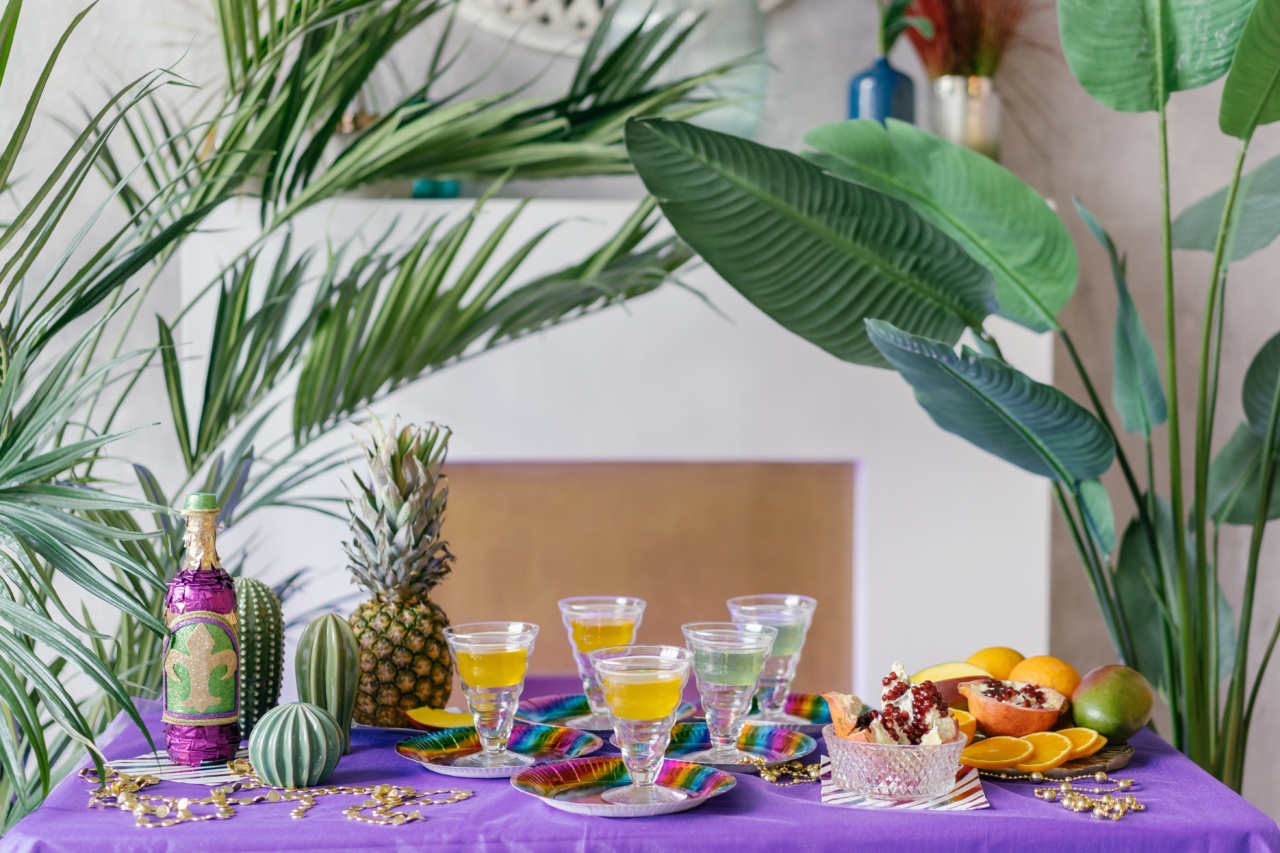Hypertension is a common health condition that affects millions of people worldwide. Commonly known as high blood pressure, hypertension can lead to serious health complications such as heart attack, stroke, and kidney failure.
While genetics and lifestyle factors play a role in the development of hypertension, certain foods and beverages can also contribute to the condition. Here are some hypertension-causing foods and beverages.
Salty Snacks
Salty snacks such as chips, pretzels, and crackers can raise blood pressure levels. These snacks are high in sodium, which can cause the body to retain water and increase blood pressure.
It is important to read nutrition labels and choose snacks with lower sodium content or opt for healthier alternatives such as fruits and vegetables.
Processed Meats
Processed meats such as bacon, sausage, and deli meats are high in sodium and preservatives, which can increase blood pressure levels.
The American Heart Association recommends limiting consumption of processed meats to improve heart health and lower blood pressure. Instead, opt for lean meats such as turkey and chicken, or plant-based protein sources such as legumes, nuts, and seeds.
Sugary Beverages
Sugary beverages such as soda, energy drinks, and sports drinks are high in sugar, which can lead to weight gain and increase the risk of hypertension.
The American Heart Association recommends limiting consumption of sugary beverages and opting for water, unsweetened tea, or low-fat milk instead. Drinking plenty of water can also help to lower blood pressure levels.
Alcohol
Excessive alcohol consumption can increase blood pressure levels and lead to hypertension. The National Institute on Alcohol Abuse and Alcoholism recommends limiting alcohol consumption to one drink per day for women and two drinks per day for men.
It is also important to note that certain medications for hypertension may interact with alcohol and cause adverse effects.
Caffeine
Caffeine is a stimulant that can increase blood pressure levels. While moderate caffeine consumption is generally safe for most individuals, excessive consumption can lead to hypertension in some people.
It is important to monitor caffeine intake and limit consumption of caffeinated beverages such as coffee, tea, and energy drinks.
Dairy Products
Dairy products such as cheese and milk are rich in calcium and vitamin D, which are important for bone health. However, some studies have shown that high consumption of dairy products may increase blood pressure levels.
It is important to consume dairy products in moderation and choose low-fat or fat-free options to reduce the risk of hypertension.
Baked Goods
Baked goods such as cookies, cakes, and pastries are high in refined carbohydrates and sugar, which can contribute to weight gain and increase the risk of hypertension.
It is important to limit intake of baked goods and opt for healthier alternatives such as whole-grain bread, fresh fruits, and vegetables.
Sauces and Condiments
Sauces and condiments such as ketchup, soy sauce, and salad dressings are high in sodium and can contribute to hypertension.
It is important to read nutrition labels and choose low-sodium options or make homemade sauces and dressings using fresh herbs and spices.
Nuts and Seeds
Nuts and seeds are healthy sources of protein, fiber, and essential nutrients. However, some studies have shown that high consumption of nuts and seeds may increase blood pressure levels.
It is important to consume nuts and seeds in moderation and choose unsalted options to reduce the risk of hypertension.
Conclusion
Hypertension is a serious health condition that can lead to serious complications if left untreated. While genetics and lifestyle factors play a role in the development of hypertension, certain foods and beverages can also contribute to the condition.
By making healthy food choices and reducing intake of hypertension-causing foods and beverages, individuals can lower their risk of developing hypertension and improve overall health and well-being.





























